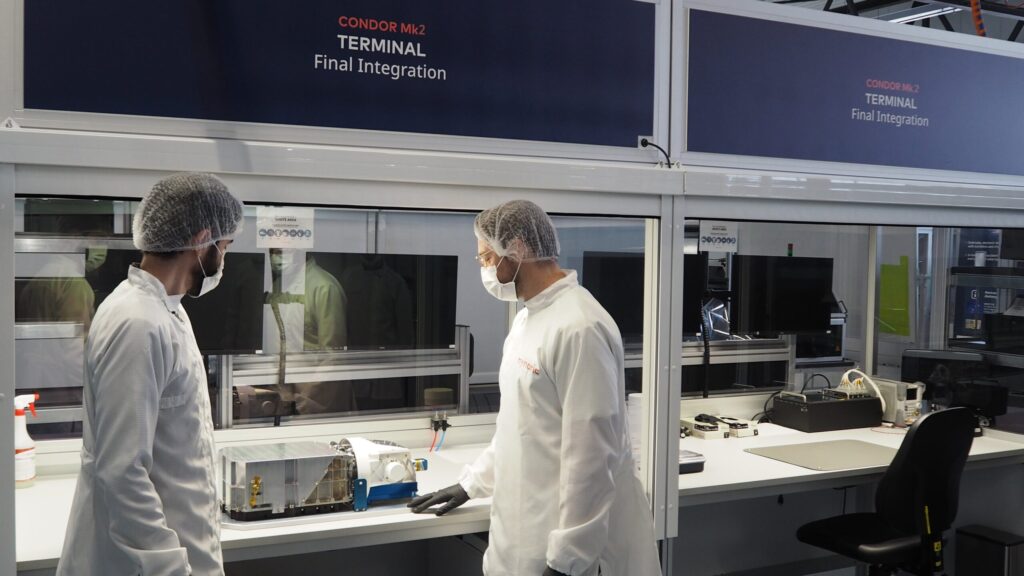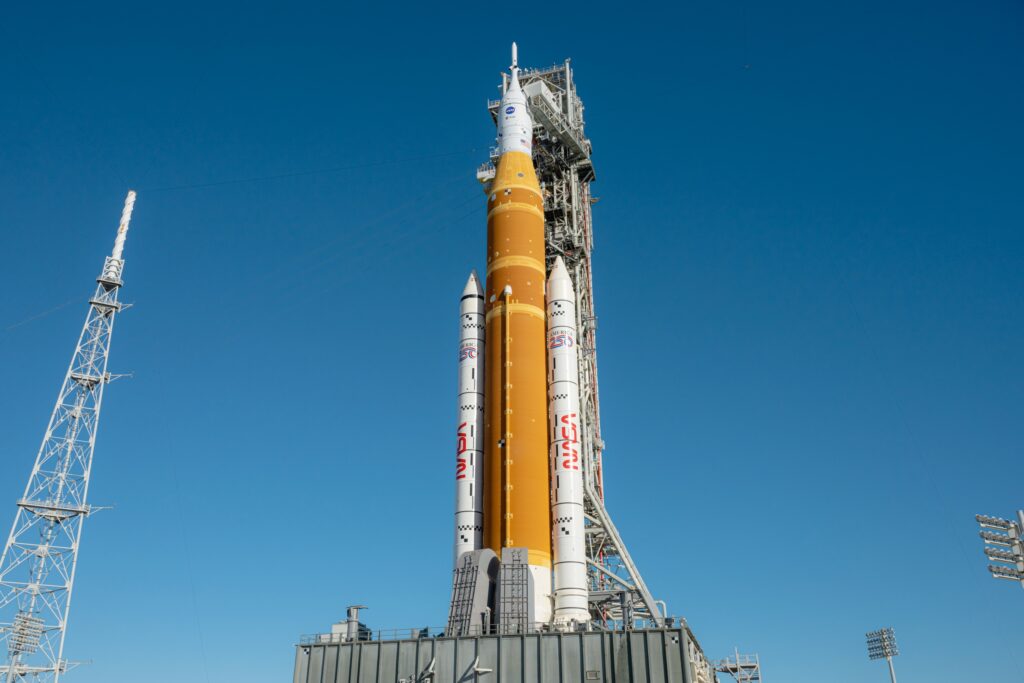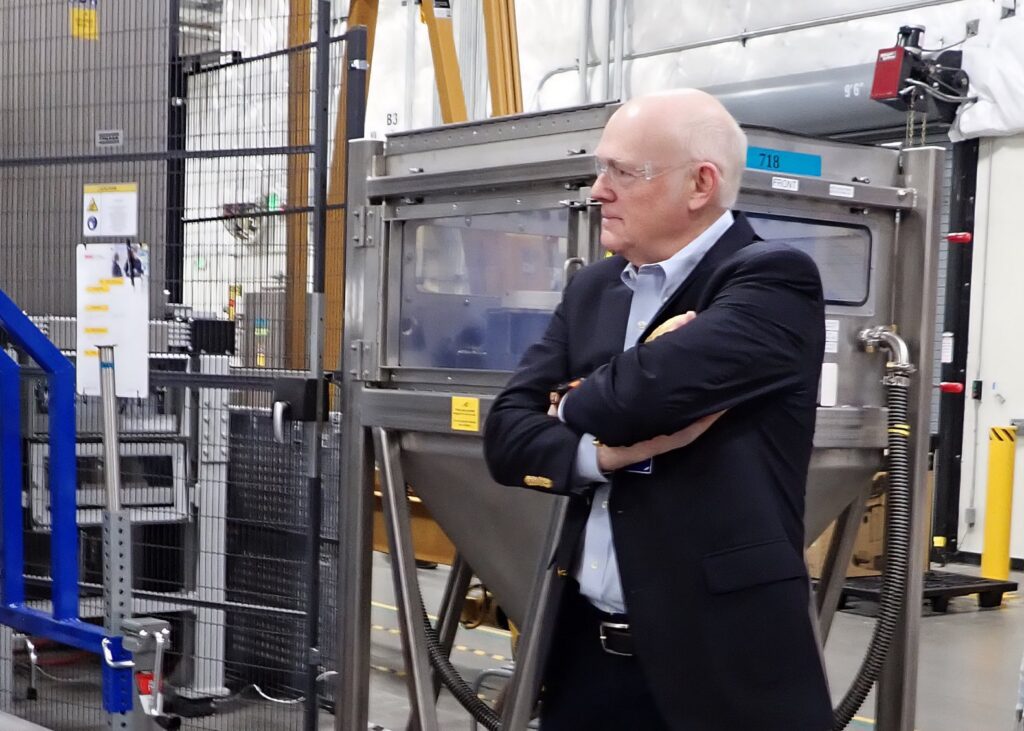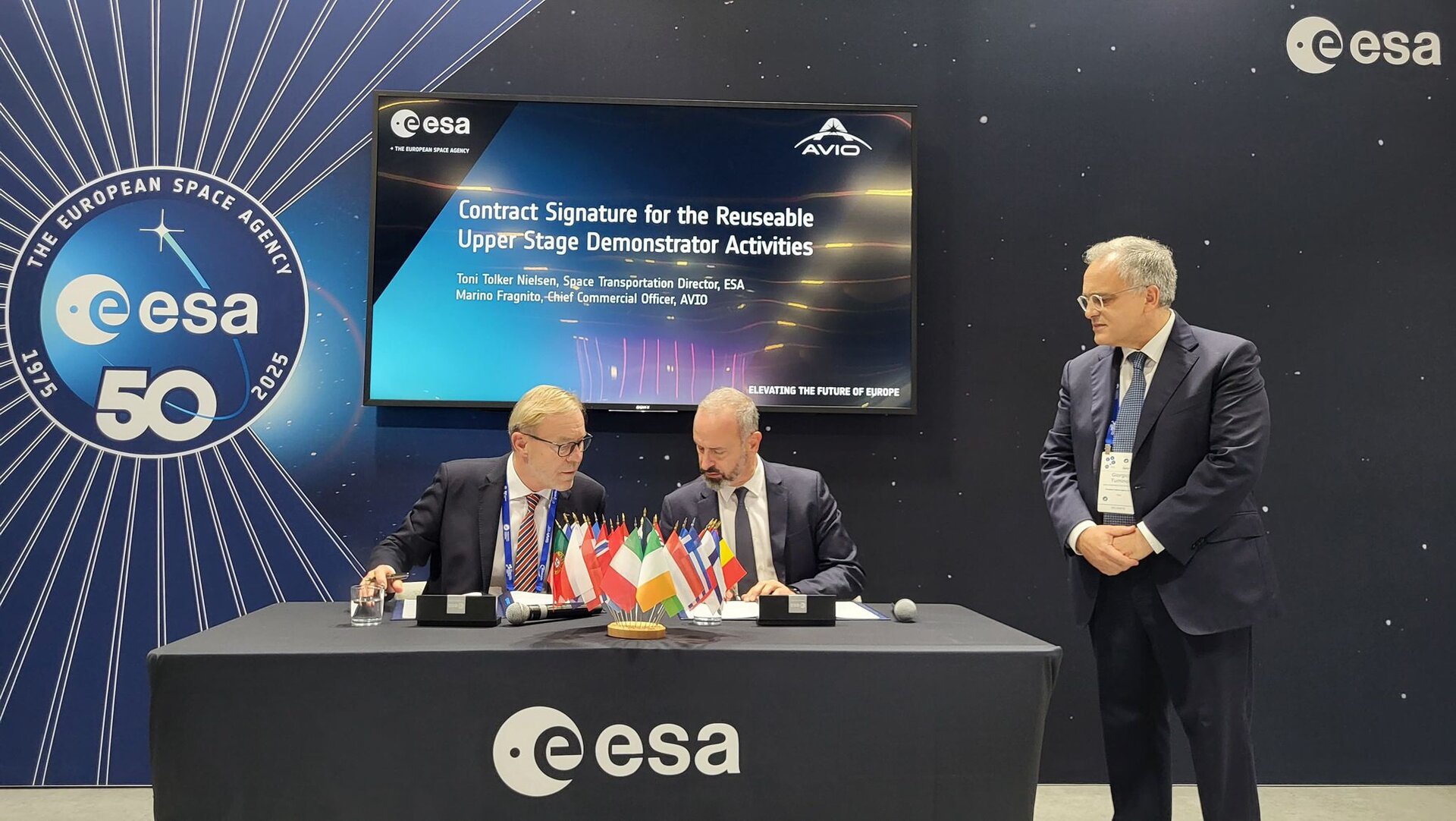Now Reading: Italy’s crossroads: build its own satellites or lean on Starlink while waiting for IRIS²
-
01
Italy’s crossroads: build its own satellites or lean on Starlink while waiting for IRIS²
Italy’s crossroads: build its own satellites or lean on Starlink while waiting for IRIS²
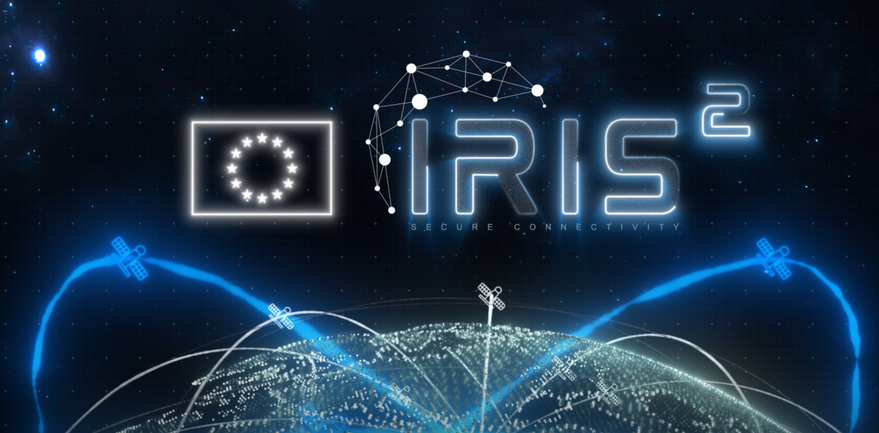

MILAN – A report from Italy’s space policy office questioned whether the country is underrepresented in the IRIS² program, the European Union’s planned public-private communication constellation for low and medium earth orbit, while acknowledging SpaceX has offered to provide Starlink services for the country.
Combined, the two points raised new questions about Italy’s position on Starlink. Those conversations come just months before Italy must decide whether to push ahead with a national low-Earth orbit dual-use telecommunications constellation, currently named “MERCURIO”, or deepen its reliance on Starlink while waiting for IRIS².
The document, from Italy’s Interministerial Committee for Space and Aerospace Policy (COMINT) is a general summary of the state of the Italian space sector in 2024 and does not state that Italy intends to bet on Starlink. SpaceNews obtained a copy of the report. The Italian newspaper Il Fatto Quotidiano first reported on its existence.
However, Italy’s position on Starlink has fluctuated over time. In January 2025, Bloomberg reported that the Italian government was in talks with SpaceX to purchase Starlink services for up to $1.6 billion over an unspecified number of years. Palazzo Chigi denied any contracts were signed, but acknowledged ongoing talks with SpaceX. In March, COMINT and the Italian Space Agency (ASI) launched a study into the feasibility of building MERCURIO. The project, for which details on satellite numbers and budget are not yet available, has since advanced from Phase 1 to Phase 2, although no report on the results of Phase 1 has been made public.
The leaked document nonetheless acknowledges SpaceX’s offer to provide Starlink services and notes Starlink’s “clear superiority over IRIS², not yet available and less ambitious.” It also observes that “Italian industry appears to be underrepresented compared to its potential within IRIS², highlighting the need for a stronger balance between national ambition and European industrial participation”. The main contractors and subcontractors of the IRIS² consortium are from Luxembourg, France, Germany, and Spain, with two companies with partial Italian ownership directly involved: Telespazio and Thales Alenia Space.
Representatives from both companies declined to comment on the matter. However, in a recent LinkedIn post, Thales Alenia Space reaffirmed its full commitment to IRIS2, stating “Thales Alenia Space has been onboard the IRIS2 project from the very beginning. … IRIS2 will be the ultimate in the field of telecommunications constellations, our company will leverage its unique legacy and propose state-of-the-art technologies to address this program, which is strategic for Europe to strengthen its sovereignty”.
A source near the COMINT authorities, who requested anonymity as they were not authorized to speak officially for the Interministerial Committee , clarified that “The passage that highlights the greater operational maturity of SpaceX compared to IRIS² represents a factual observation and does not amount — nor could it amount — to a political preference or a procurement decision.”
The source reiterated Italy’s effort to pursue both an EU and a United States strategy, aiming to preserve political independence at the European level, while securing long-term strategic positioning with the U.S. “The government’s line is clear: pro-European and transatlantic. We strongly support EU programs such as GOVSATCOM and IRIS² for secure connectivity, to which Italy makes a qualified contribution in industrial, operational, and security terms.”
The source also emphasized a point first raised in January, when Italy’s potential engagement with SpaceX became public: “Any possible interim solution, pending the full operational capacity of the European IRIS² constellation […], will be evaluated on a case-by-case basis.”
In other words, Italy doesn’t view Starlink as an alternative to IRIS² but rather as a temporary integrative solution until Europe’s system becomes operative. Meanwhile, studies on MERCURIO continue, with a decision on whether to pursue a national constellation or rely on Starlink expected later this year.
The leaked report closes with a broader reflection on the strategic balance between Europe and the U.S.: “It is evident that the EU will inevitably rely on a very close relationship with the U.S. in strategic sectors such as satellite telecommunications.”
This stance underscores a tension at the heart of Italian space policy: reconciling the pursuit of sovereignty, resilience, and innovation with the realities of dependence on U.S. technology and partnerships.
Still, some analysts caution against drawing conclusions too quickly. Ludwig Möller, director of the European Space Policy Institute (ESPI), said that “Today, de facto, there is nothing comparable to Starlink. If a country faces an urgent situation, if there is a real case where you depend on that capability, then the country turns to what is available. That is completely normal.”
However, he added that “Starlink is the shining star today, but we will see more in the near future. This is still the early stage; it is like the internet 25 years ago. We can still be part of it, we can still build, as Europeans, our own capabilities.”
Stay Informed With the Latest & Most Important News
Previous Post
Next Post
-
 01Two Black Holes Observed Circling Each Other for the First Time
01Two Black Holes Observed Circling Each Other for the First Time -
 02From Polymerization-Enabled Folding and Assembly to Chemical Evolution: Key Processes for Emergence of Functional Polymers in the Origin of Life
02From Polymerization-Enabled Folding and Assembly to Chemical Evolution: Key Processes for Emergence of Functional Polymers in the Origin of Life -
 03Astronomy 101: From the Sun and Moon to Wormholes and Warp Drive, Key Theories, Discoveries, and Facts about the Universe (The Adams 101 Series)
03Astronomy 101: From the Sun and Moon to Wormholes and Warp Drive, Key Theories, Discoveries, and Facts about the Universe (The Adams 101 Series) -
 04Φsat-2 begins science phase for AI Earth images
04Φsat-2 begins science phase for AI Earth images -
 05Hurricane forecasters are losing 3 key satellites ahead of peak storm season − a meteorologist explains why it matters
05Hurricane forecasters are losing 3 key satellites ahead of peak storm season − a meteorologist explains why it matters -
 06True Anomaly hires former York Space executive as chief operating officer
06True Anomaly hires former York Space executive as chief operating officer -
 07Thermodynamic Constraints On The Citric Acid Cycle And Related Reactions In Ocean World Interiors
07Thermodynamic Constraints On The Citric Acid Cycle And Related Reactions In Ocean World Interiors












